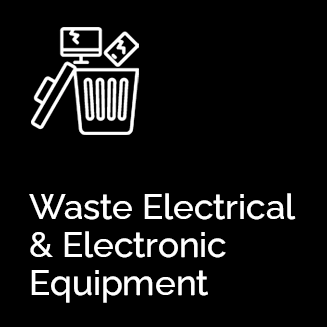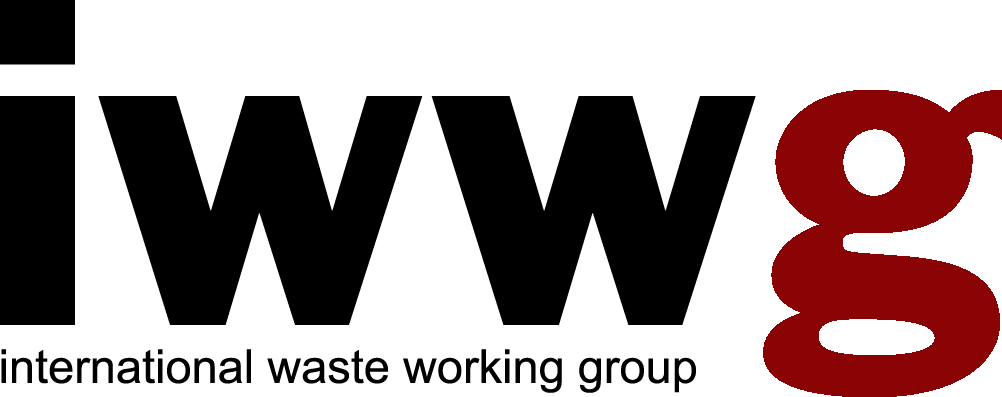
Task Group Leader:
Pierre Hennebert, France
pierre.hennebert@gmail.com
Contacts:
Pierre Hennebert
email: pierre.hennebert@gmail.com
Background & Scope
Waste Electrical and Electronic Equipment (WEEE) is one of the fastest growing waste streams as a consequence of the globally increased consumption of these products. Both the hazardous components containing Hg, PCBs, brominated flame retardants and other pollutants and the valuable materials like copper, aluminium and precious metals make it a complex waste stream. Further dimensions of the problem are:.
- Take back systems have been established in Europe and other regions, in most cases based on extended producer responsibility. This aims to influence the product quality positively, but the real impact have not been verified to a larger extent.
- Global dimension by exporting products (like used mobile phones) as well as end-of-life appliances to destinations in Asia, Africa and Latin America. Lacking infrastructure to handle this waste and inappropriate recycling technologies lead to severe health risks, environmental burdens but are inefficient at the same time. Although legal restrictions for export have been set up in Europe recently, the implementation is still questionable.
Aims & Objectives
Through the last years practical experience has been gained in collection and recycling, but there is a lack in scientific analysis from a waste management perspective. Partly this is reasoned by the interdisciplinary nature of the topic – a typical expert in electronics has usually no experience in waste management and vice versa. To enlarge the scientific basis, an IWWG working group can help:
- To establish a better database on generation, composition and handling of WEEE in a global perspective
- To exchange experience from the various regions about the impacts of WEEE on collection, recycling and disposal (eg. additional load of pollutants from WEEE in municipal waste streams).
- To discuss methods to measure the success of strategies on a local and global level.
At the TG meeting in November 2012 in Venice, the TG took a decision to address WEEE inventory as a main task. The WEEE inventory aims to exchange information on the material composition of WEEE as a basis to analyse and optimise treatment (dismantling and subsequent stages) of the various product categories of WEEE.
Future activities
To be announced.


